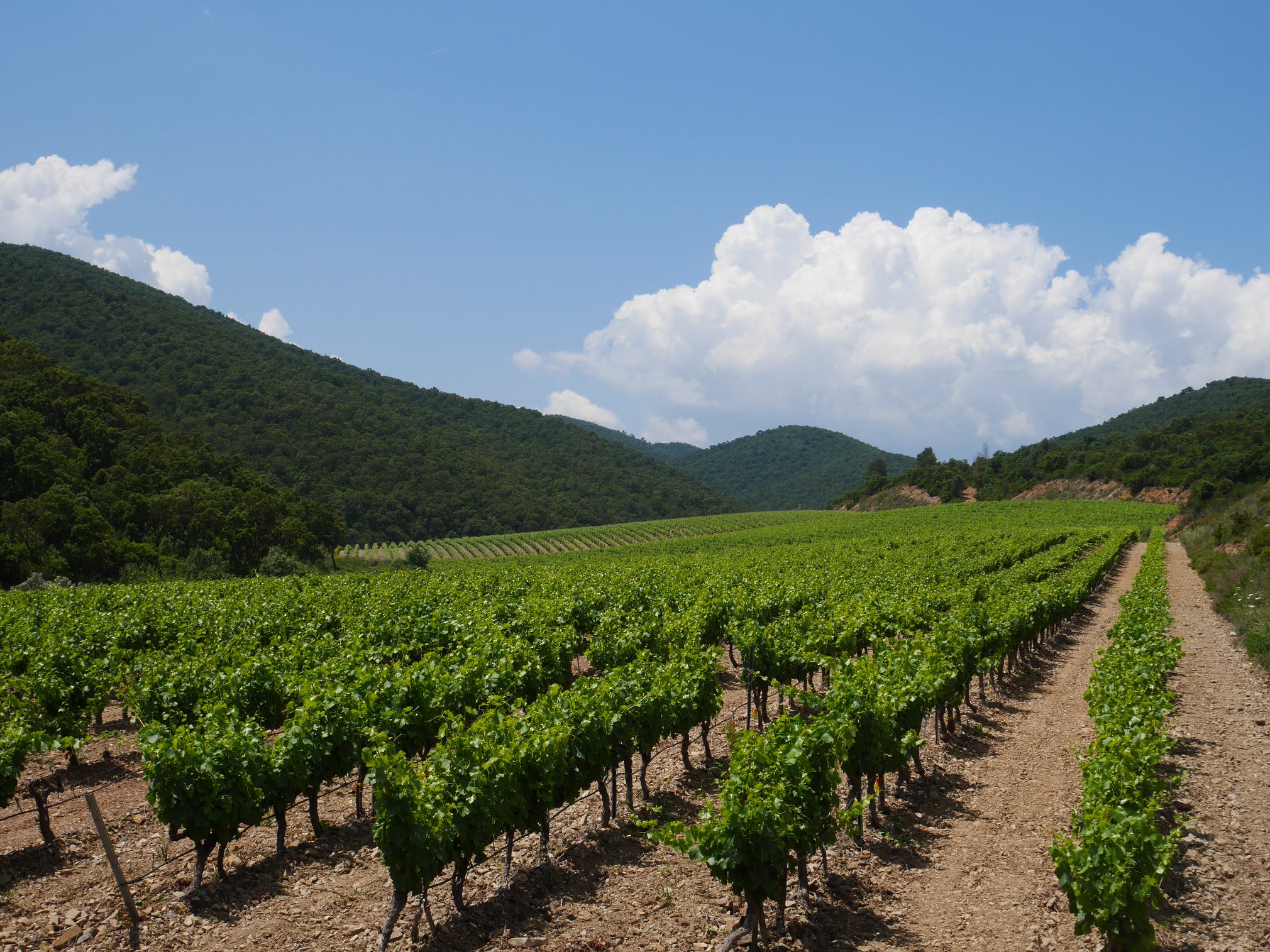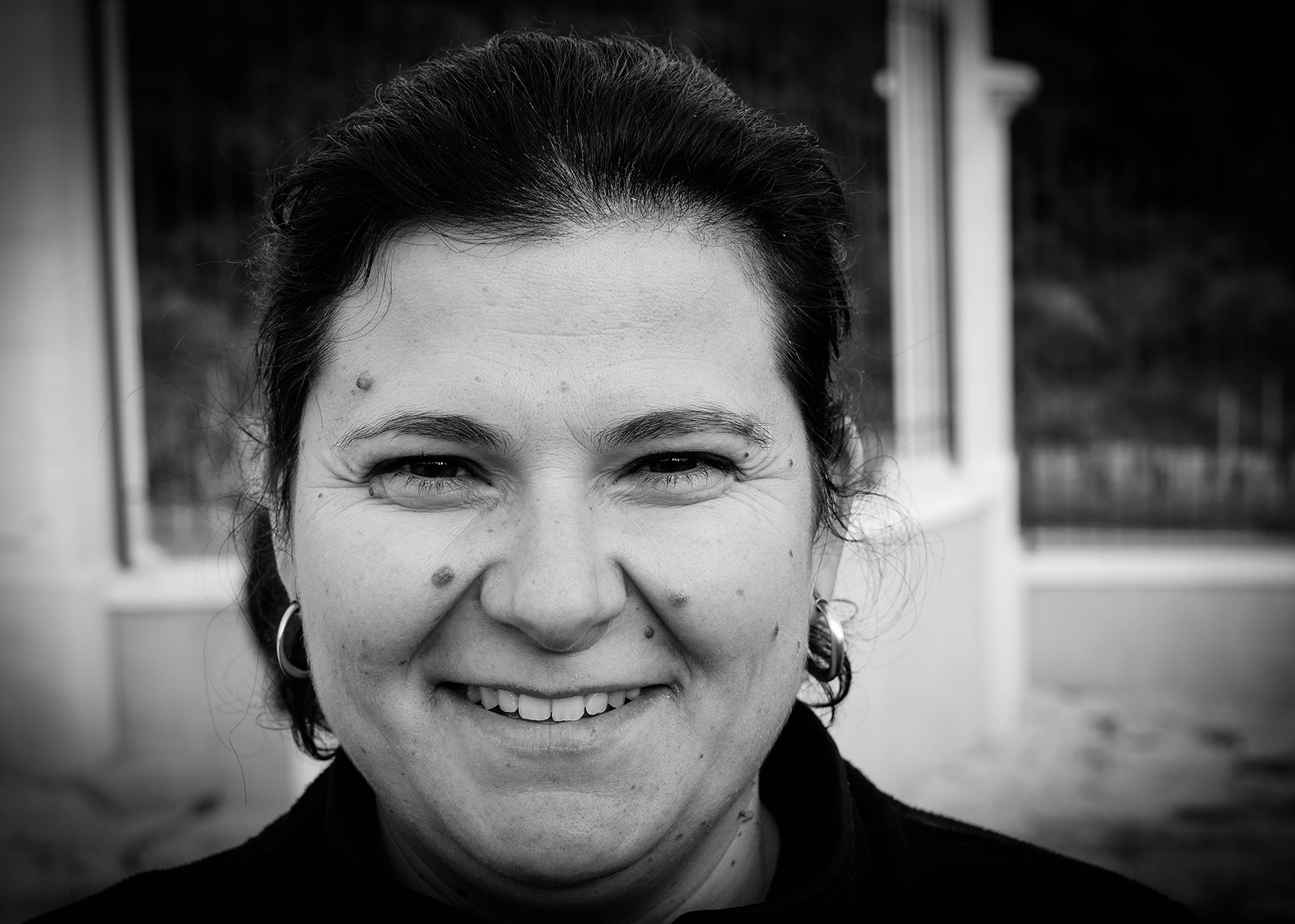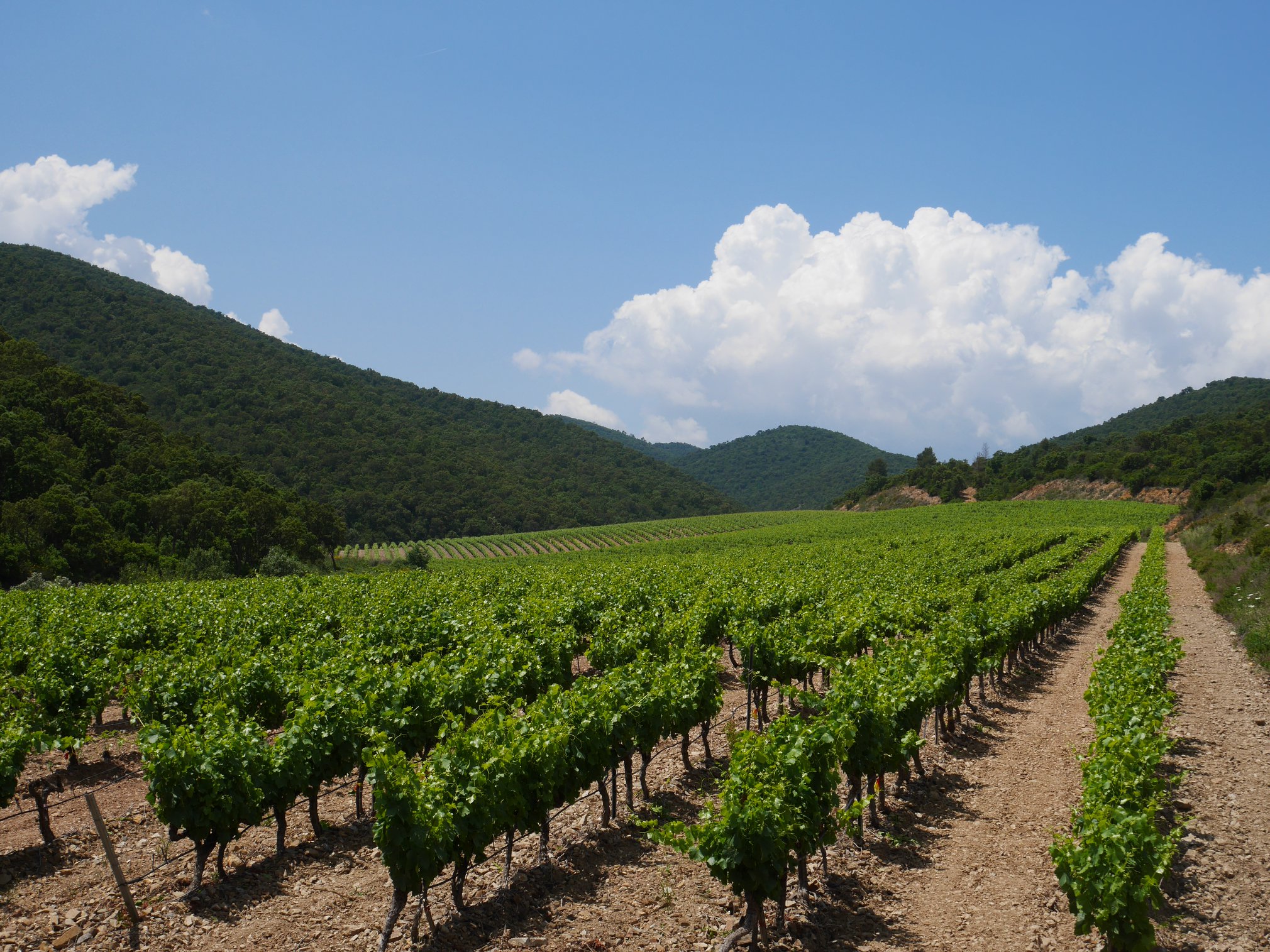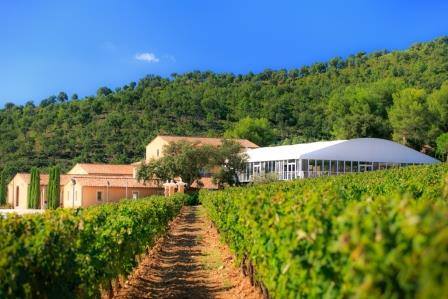
Château Pas du Cerf and Camp Long are vineyards that have been with eight generations of the Gualtieri family since 1848. Today Geneviève and Patrick Gualtieri and their three daughters run the estate. The vineyard encompasses nearly 80 acres of south-facing hillsides in the heart of the Massif des Maures area in the Côtes de Provence. The family winemaking philosophy is focused on staying close to nature, using organic manure and other noninvasive methods of farming.
Grape Collective talks with winemaker Diane Gualtieri about the rich rosé history of Provence.

Talk a little bit about the history of the estate.
We are an estate that is eight generations, and we work as a family with my parents and my sister. And it's an estate that is located in the Côtes de Provence.
How long have you been making wine on your own, versus growing grapes and selling to a cooperative?
We've started making and selling the wine directly in 2001, so about 17 years ago. We replanted the domaine to meet with the demand, and today we are 80% rosé.
So, talk a little bit about the terroir here in Provence, the soil and the climate.
The terroir here is basically schist. It's a very hard soil, and they have most of the vines in the Massif des Maures area of Côtes de Provence, which are facing south to get the best exposure.  Describe the climate here in Provence. How is the climate a good climate for growing the grapes that you grow?
Describe the climate here in Provence. How is the climate a good climate for growing the grapes that you grow?
So, we have that southern exposure on the Côtes, which gives us an optimum exposure to the sun. So, they end up with very aromatic reds and for the rosé at the same time, very aromatic and fruity wines.
And, what is it about Provence that is such a great place for making rosé?
Just because the area has been planted with rosé, and we've been producing the rosé for generations, so it's well-adapted to the soil, the vines, and the climate. We have that proximity to the Mediterranean Sea that brings that refreshing air from the sea. It contributes to producing a light, refreshing, and delicate rosé that is very tasty.
Talk a little bit about the different grapes that you work with here.
We work with a Grenache that is a great varietal, that has been here for many centuries, and that is well-adapted to this environment and soil. It has a very high aromatic quality, which is necessary for the rosé here and for the wines. But we also work with Tibouren, which is a great varietal that has been here for centuries, and these also produce wines that are well-adapted to this region. And then, we work with Carignan and with Mourvèdre. And how are the blends made? How do you decide what your blend is? Does it change from year to year at all?
And how are the blends made? How do you decide what your blend is? Does it change from year to year at all?
Basically, the blend is usually very close from one year to the other. But, then it is decided here in the cellars upon the quality of the grapes and of the different varietals every year. We also work with Cinsault. That is also one of the grapes that comes into that blend, but all of this is done in the cellars by tasting the wines after they are fermented, and then we see what we are gonna put together.
How has Provence rosé changed over the years? It's now one of the kind of top categories of rosé in the world. When people think of top rosé they think of Provence. How has that happened?
Basically, it is because we have a wonderful terroir in this part of France. We have grapes that are well-adapted to that terroir, and the winemakers in the last hundred years have all gone into one direction, which is to go to better quality every year as they go on, and to improve that quality. It's just the will of the people to make better wines because they have the material to do it, and that's what has happened.
Take a 360-degree virtual reality tour of the Château Pas du Cerf and Château Camp Long in Provence, France. This experience only works in certain browsers including Google Chrome. You can also experience the VR tour directly on Youtube.
What changed? How did you improve?
First of all, the selection of the vines that we were planting, getting better vines, more adapted vines, and also lowering the yields per hectare to get a better quality every year, and to get as best as we can. But also the will of the people, the will of the people to do this, versus producing a huge amount of wine. Producing less wine and making sure that it was of the best quality. We have a site here, in Provence in general, that has fantastic terroir. We've got great varieties, like the Grenache that grows beautifully here, and with working in the vines, working in the cellars, we go for the optimum quality. That's what's made it.














